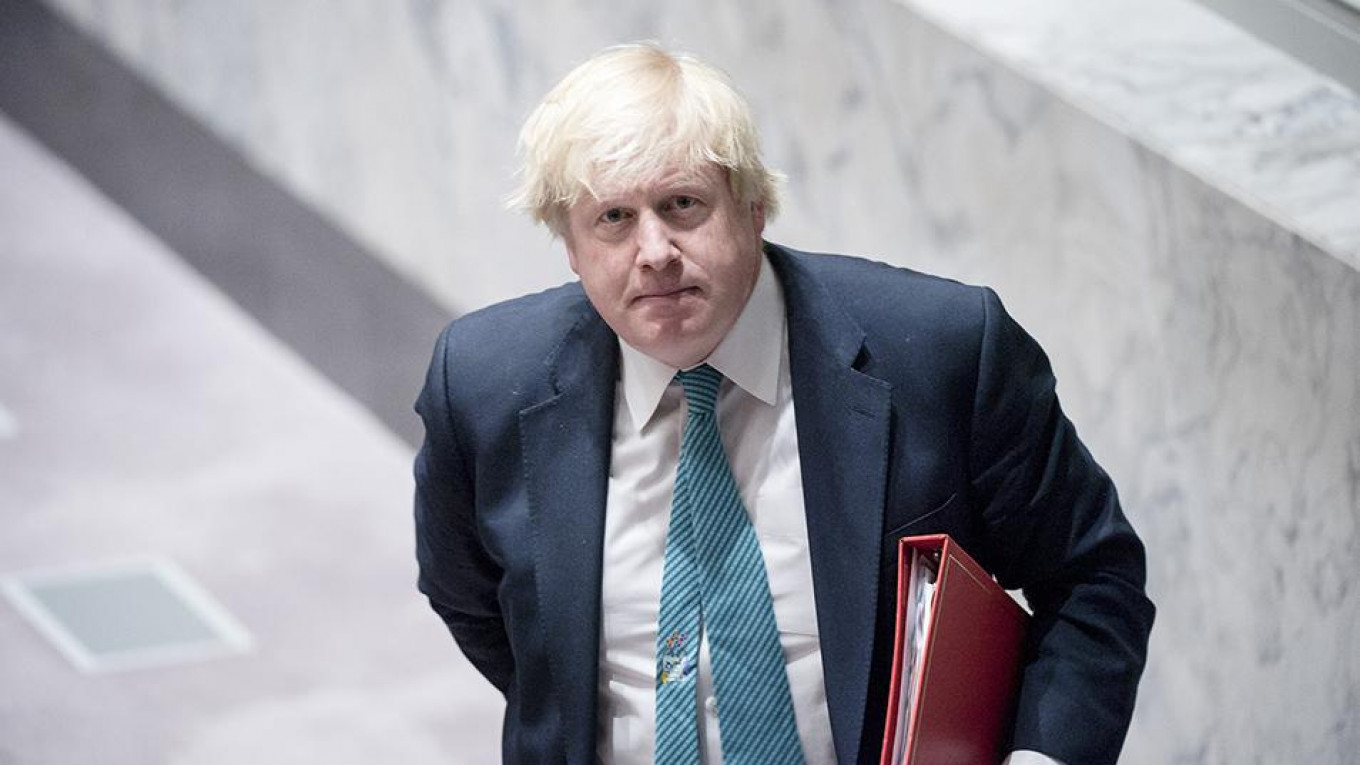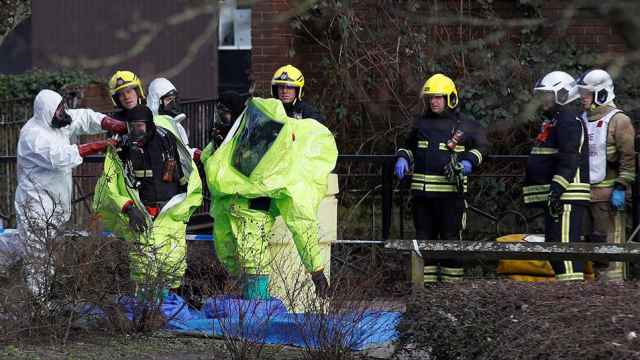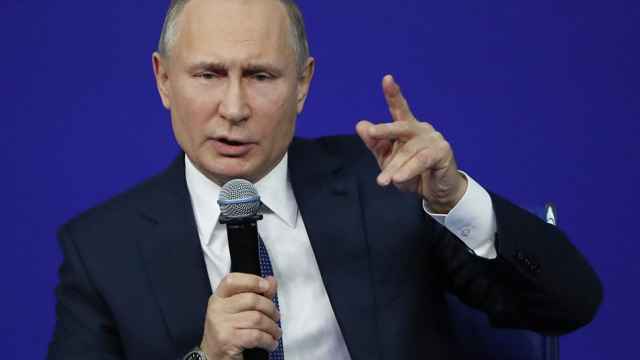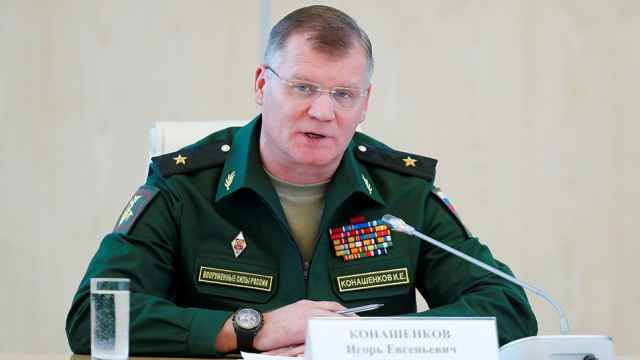British Foreign Secretary Boris Johnson has compared Russia to Rodion Raskolnikov, the fictional murderer from Fyodor Dostoyevsky’s novel “Crime and Punishment,” in the aftermath of the poisoning of a Russian ex-spy in England.
Johnson made the reference in a speech to ambassadors in London on Wednesday, following the coordinated expulsion of Russian diplomats from 27 countries earlier this week. London, along with its allies, suspects Moscow of being behind the poisoning of former double agent Sergei Skripal and his daughter in Salisbury, England earlier this month.
“It is rather like the beginning of Crime and Punishment in the sense that we are all confident of the culprit – and the only question is whether he will confess or be caught,” Johnson said.
Russia denies any involvement in the attack on former double agent Sergei Skripal and his daughter, who have been in a critical condition in hospital since they were found unconscious on March 4.
Johnson continued his speech with a Star Wars reference to explain “all you need to know about the difference between modern Britain and the government of Vladimir Putin.”
“They make Novichok, we make light sabres. One a hideous weapon that is specifically intended for assassination. The other an implausible theatrical prop with a mysterious buzz […] But which of those two weapons is really more effective in the world of today?” he asked.
Since the diplomatic spat between the two countries, Russian officials have also offered cultural comparisons in reference to their British counterparts.
Rabblerousing State Duma deputy Vladimir Zhirinovsky compared British Prime Minister Theresa May to a witch from Slavic folklore called “Baba Yaga,” and nicknamed Boris Johnson “Borya the Half-Wit.”
Meanwhile, Russia’s Foreign Ministry spokeswoman Maria Zakharova said Britain’s expulsions resembled a scene from the 1980s British sitcom “Yes Minister,” where officials orchestrate the expulsion of 76 Soviet diplomats.
A Message from The Moscow Times:
Dear readers,
We are facing unprecedented challenges. Russia's Prosecutor General's Office has designated The Moscow Times as an "undesirable" organization, criminalizing our work and putting our staff at risk of prosecution. This follows our earlier unjust labeling as a "foreign agent."
These actions are direct attempts to silence independent journalism in Russia. The authorities claim our work "discredits the decisions of the Russian leadership." We see things differently: we strive to provide accurate, unbiased reporting on Russia.
We, the journalists of The Moscow Times, refuse to be silenced. But to continue our work, we need your help.
Your support, no matter how small, makes a world of difference. If you can, please support us monthly starting from just $2. It's quick to set up, and every contribution makes a significant impact.
By supporting The Moscow Times, you're defending open, independent journalism in the face of repression. Thank you for standing with us.
Remind me later.






